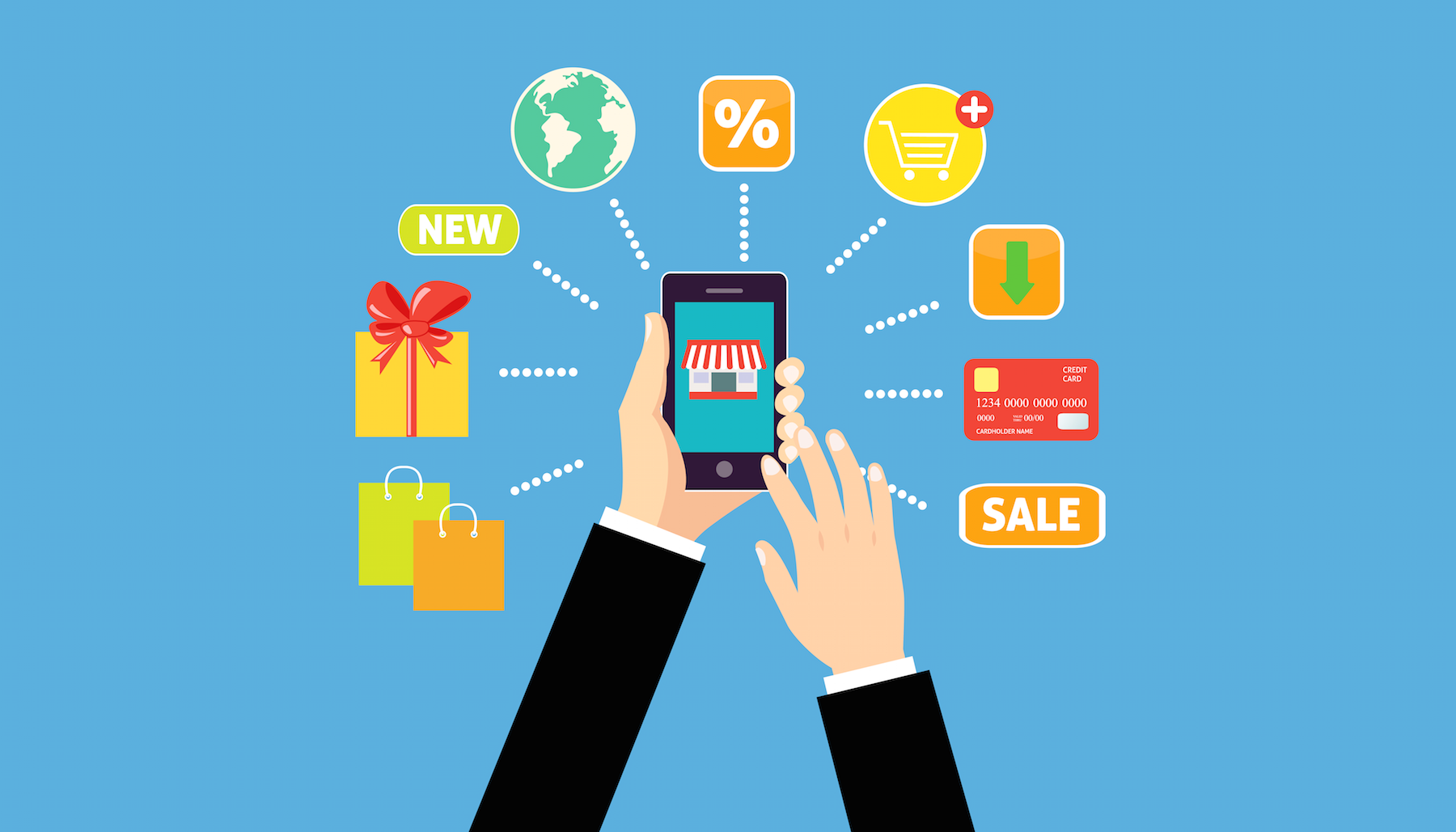Seven of the top ten fastest growing internet populations in the world are in Africa, and there is an 81% mobile penetration rate on the continent. This indicates a healthy appetite for transacting online.
Mobile, in particular, has emerged as the platform of choice to buy and sell goods because of its availability and simplicity – not only for the continent’s consumers but also the entrepreneurs and small businesses that serve as the thriving heartbeat of the continent’s growth.
What’s more, people in Africa – particularly in Southern Africa – are getting more comfortable with using digital and mobile platforms for e-commerce purposes.
Harnessing the real value of e-commerce in Africa
Leveraging the potential that these platforms present in order to drive growth at a continental level are key. To be able to harness the true value that the rise of e-commerce presents in Africa, it is necessary to understand the economic, business, social and cultural trends that not just impact the continent as a whole, but their effect on both the broader region and individual markets.
An example of this is in the emergence of hubs, particularly in East and West Africa – feeding a prosperous entrepreneurial ecosystem and leading to the creation of additional business opportunities across industries.
As digital and mobile become further entrenched in the way customers and businesses transact, buy goods and services, it will become increasingly important to provide a streamlined and first-class e-commerce platform and solution.
For companies in this space, it is essential to keep the customer at the centre of everything they do: to move beyond customer service to customer experience, which represents the entire process from the first visit to the website, to making the purchase, and finally onto delivery of the item.
Focusing on the overall experience, therefore, means investing in cutting-edge technology to give customers a seamless experience, and making the purchasing process simpler.
Logistics – the backbone of online shopping
All of this is facilitated by logistics, the backbone of online shopping. Selecting the right logistics partner will make this process as easy and efficient as possible, leaving you to focus on your business.
Beyond this consideration of who will deliver your package to your customer’s front door, or how will you manage any returns, there are a few things that you need to consider that go beyond traditional express delivery.
As you grow and reach new customers in new markets, you may want a partner that is able to provide services like managing inventory, handling invoicing, providing insights on global markets and industry megatrends, and providing value-added services. FedEx has been working with businesses around the world to help them access new opportunities, and grow their business.
This is what Mike Higley, the vice president of operations for sub-Saharan Africa at FedEx Express said; ‘We are working with retailers around the globe to offer convenient pickup and drop off solutions in our customers’ neighbourhoods.
We’re building our fulfilment solutions for small businesses in order for them to grow and prosper in the global economy, and we’re working with retailers to streamline cross-border buying and selling because we believe a connected world is a better world.
Source: www.bizcommunity.africa


